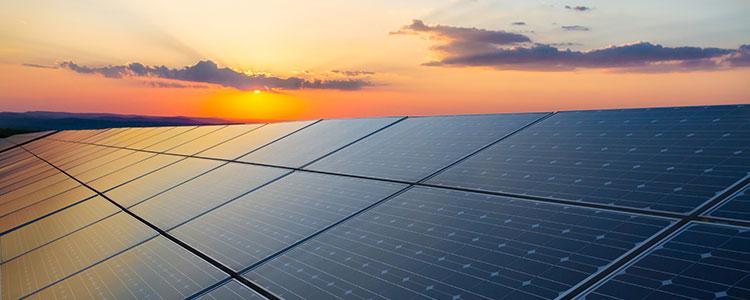In today’s world, sustainability and cost-effectiveness are becoming increasingly intertwined. Among the various renewable energy sources, solar power stands out as a beacon of clean, inexhaustible energy. For businesses, integrating solar panels into their operations offers a myriad of benefits, ranging from environmental stewardship to financial savings. Let’s delve into the compelling business case for embracing solar panel integration.
Cost Savings – While the initial investment in solar panel installation may seem daunting, it pays off in the long run. Businesses can significantly reduce their electricity bills by generating their own solar power. With the advancements in solar technology and decreasing installation costs, the return on investment ROI period for solar projects has become more attractive. Additionally, many governments offer incentives such as tax credits and rebates to businesses that adopt solar energy, further enhancing the financial benefits.

Stable Energy Costs – Conventional energy prices are subject to volatility due to factors such as geopolitical tensions and fluctuations in fuel prices. In contrast, Zonnepanelen Bedrijfspand provides a stable and predictable source of power. By generating electricity on-site, businesses can hedge against future energy price increases and mitigate the risks associated with volatile energy markets.
Environmental Responsibility – As consumers increasingly prioritize sustainability, businesses are under pressure to demonstrate their commitment to environmental stewardship. Adopting solar power not only reduces carbon emissions but also enhances the company’s green credentials. By showcasing a commitment to renewable energy, businesses can attract environmentally-conscious customers, investors, and partners, thereby bolstering their brand reputation.
Energy Independence – Reliance on traditional grid-based electricity exposes businesses to the risk of power outages and disruptions. By generating their own solar power, businesses can enhance their energy independence and resilience. This is particularly crucial for industries where uninterrupted power supply is critical, such as healthcare facilities, data centers, and manufacturing plants.
Long-Term Investment – Solar panels have a lifespan of 25 years or more, providing businesses with a long-term source of energy. Unlike fossil fuels, sunlight is abundant and free, making solar power a sustainable investment for the future. Moreover, as energy regulations become more stringent and carbon pricing mechanisms are implemented, the value of solar energy assets is expected to appreciate over time.
Enhanced Property Value – Incorporating solar panels into commercial properties can increase their market value and attractiveness to tenants. Businesses are increasingly seeking sustainable buildings that offer lower operating costs and environmental benefits. By integrating solar energy systems, property owners can differentiate their assets in the market and command higher rents or sale prices.
Job Creation and Economic Growth – The solar industry is a significant contributor to job creation and economic growth. By investing in solar panel integration, businesses not only benefit from clean energy but also support job opportunities in manufacturing, installation, and maintenance. As the demand for renewable energy continues to rise, businesses can contribute to job growth in their communities while reaping the economic benefits of a thriving solar market.
Harnessing the power of the sun through solar panel integration offers a multitude of business benefits. From cost savings and stability to environmental responsibility and long-term investment, solar energy aligns with the strategic objectives of modern businesses.